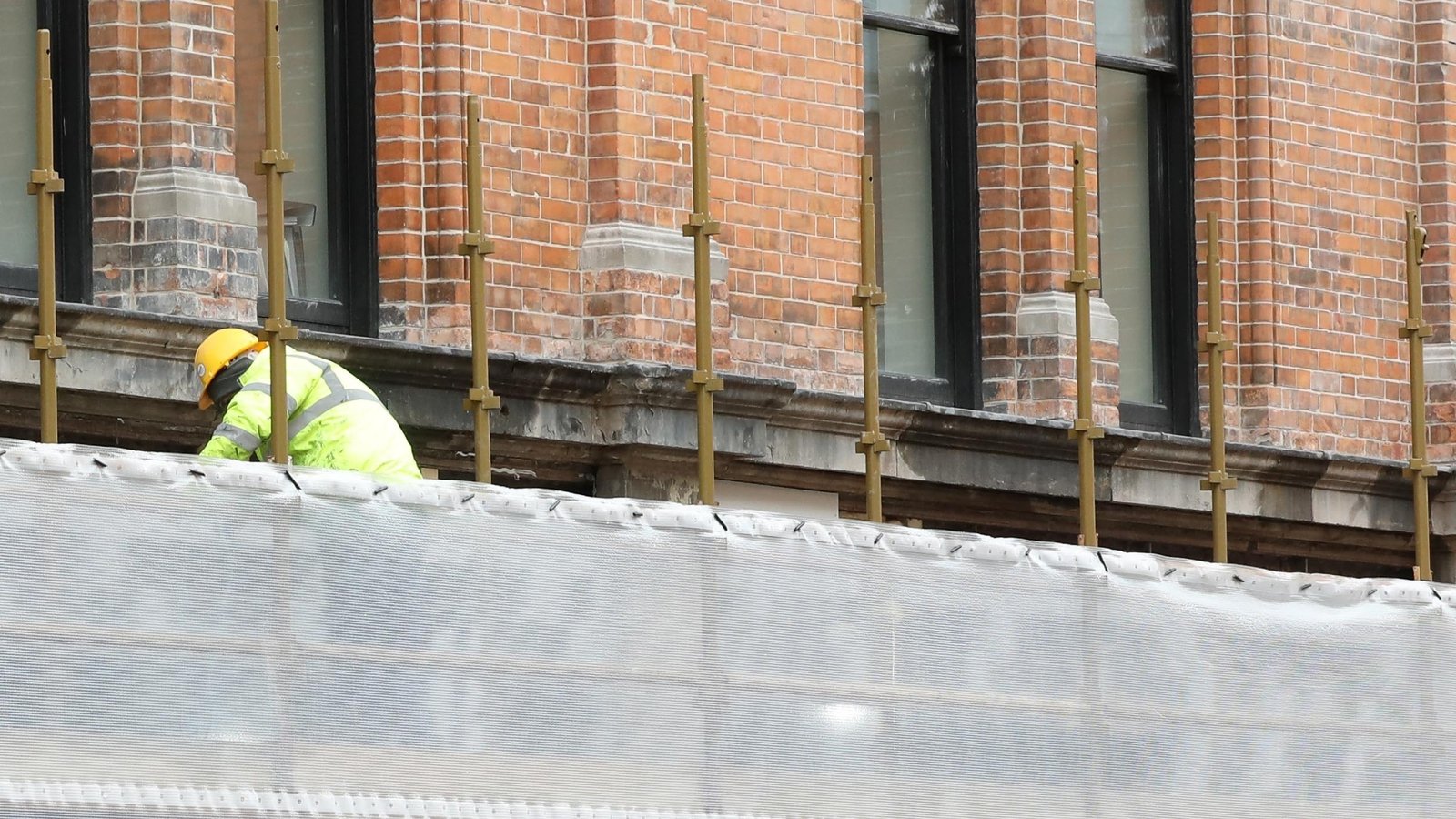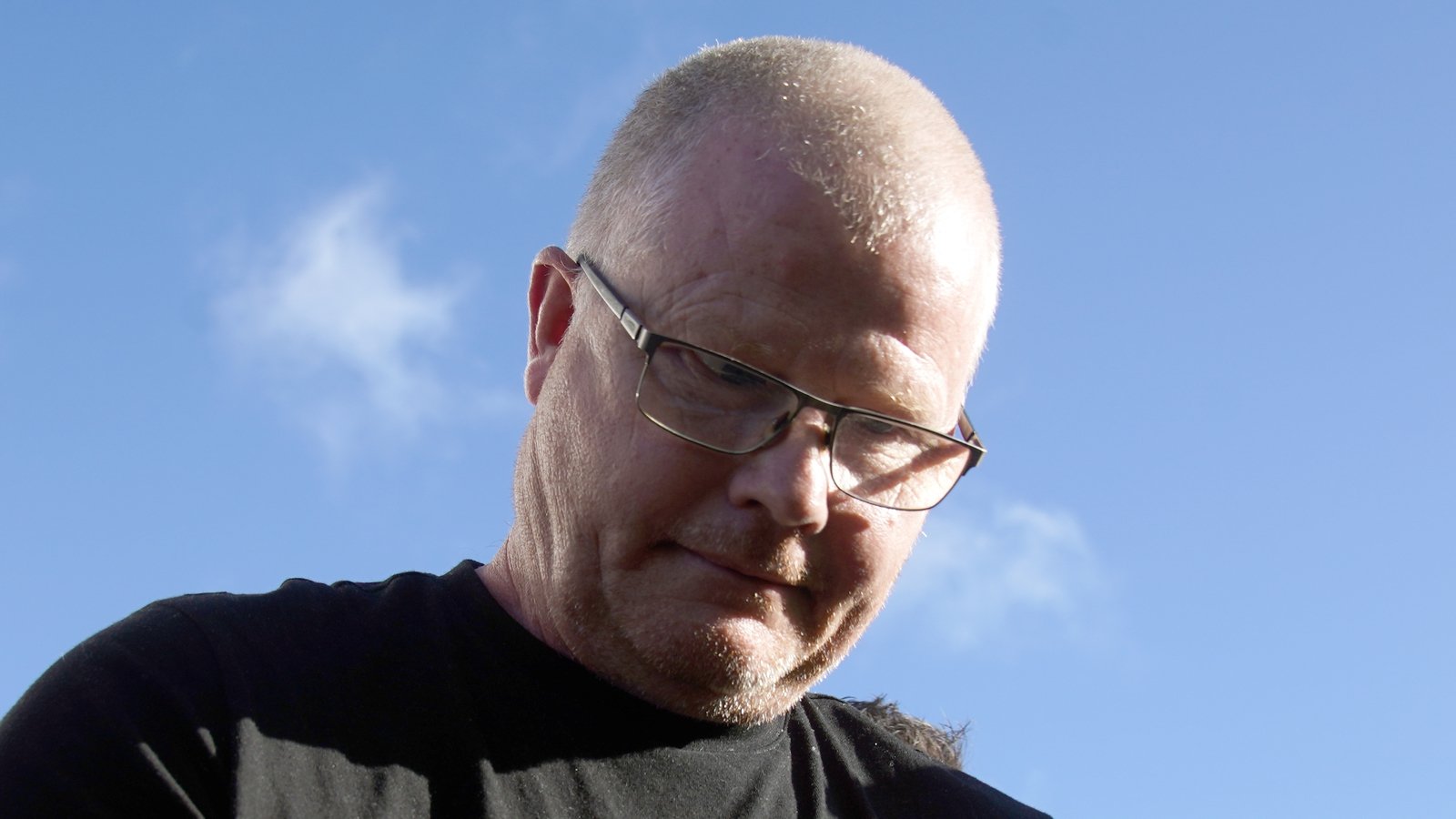7 questions ahead of RTÉ being discussed at Media Cttee
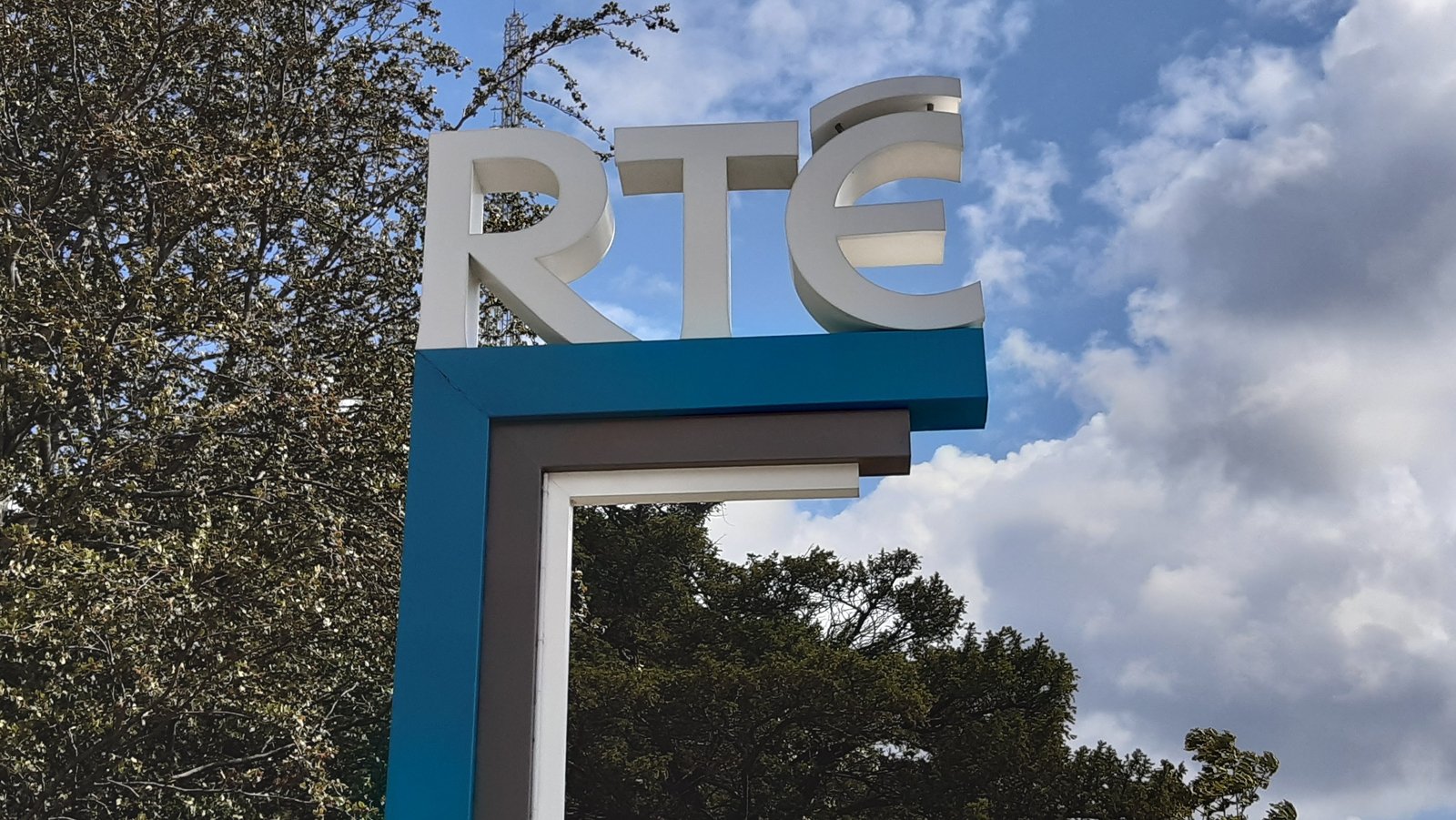
What’s happening at the Oireachtas Joint Committee on Media today?
At 1.30pm this afternoon, representatives from unions including the NUJ, SIPTU, Connect and Unite will appear before the joint committee to discuss governance and culture issues at RTÉ.
For the first time since the controversy in RTÉ broke last summer, the committee is dedicating a whole session to the unions alone.
Committee members say they are keen to talk to union reps as they are aware of a wide range of issues involving RTÉ workers, including contracts, conditions and upcoming redundancies.
They also say that they are keen to broaden out the discussions to explore the “future of the Irish media sector” too.
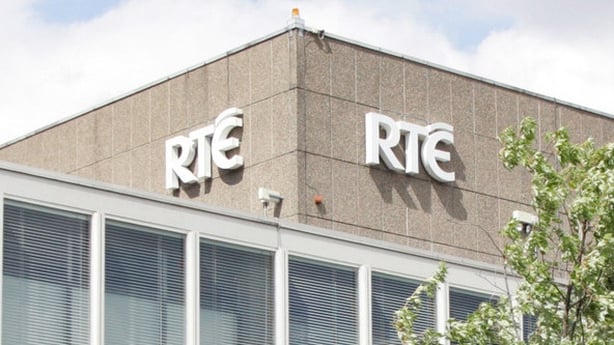
Chair of the NUJ Dublin Broadcasting branch Emma O Kelly, who is also RTÉ News’ Education Correspondent, is due to appear before the committee accompanied by NUJ Irish Secretary Seamus Dooley.
According to her opening statement, Ms O Kelly will tell members that “the voice of staff has been missing from discourse in this chamber”.
Why are they discussing governance and culture issues now? Aren’t there reports due shortly from Minister for Media Catherine Martin’s department with one report specifically focusing on governance and culture in RTÉ?
In July 2023, Ms Martin announced that two reviews were to be carried out focusing on a range of issues related to RTÉ.
One review focuses on governance and culture and is chaired by Professor Niamh Brennan. The second review group is working on contractor fees, HR and other matters, chaired by Brendan McGinty.
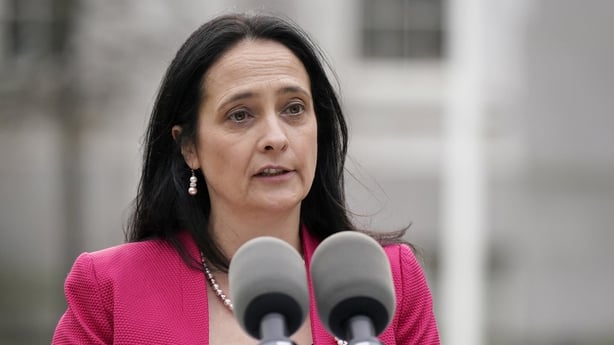
Both reviews were originally due in January – six months after they were commissioned – but neither has been published yet, and there is no date for publication as yet.
With those two reports still pending, the Oireachtas Media Committee has decided to go ahead and invite the union reps in to discuss this wide range of issues.
What are the unions going to say at the hearing? What will they be focusing on?
Four unions will be appearing later and judging from their opening statements and submissions, they will be addressing employment issues at RTÉ and the future of the media sector in Ireland.
For SIPTU, they will state that “the uncertainty must end”.
They add: “What our members expect is full transparency and the creation of an action plan for the national broadcaster which places a commitment to public service at its centre and not just a ‘slash and burn’ plan that threatens to reduce staffing levels and terms and conditions of employment.”
Meanwhile, the NUJ will say that in relation to the New Direction Strategic Vision document, which outlines future plans for the organisation, that “staff are concerned that the organisation is being in effect held to ransom”.
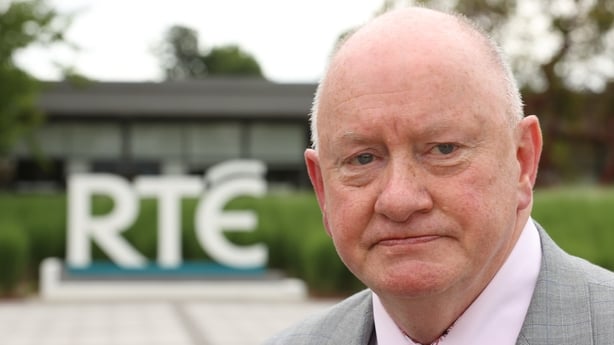
They add: “The deal seems to be that in return for some movement on funding, RTÉ must cut its work force by one fifth. We are concerned that those jobs will be replaced by mostly precarious short-term contracts in the private sector”.
The NUJ will also tell committee members in relation to funding of public service broadcasting, that “the licence fee model is no longer fit for purpose.”
For Connect, its representatives will say in relation to public service broadcasting, that “as billionaire moguls buy both traditional and new social media outlets to promote their agenda, an independent public service that can report without fear or favour in a necessary counterbalance.”
They add: “The workers in RTÉ, while willing to play their part, cannot be held responsible for the extravagant and lavish wrongdoings of those at the top, all of which has been well documented.
“All this while workers engaged in genuine efforts on pay, cost reduction etc to secure the future of RTÉ and public sector broadcasting.”
For the Unite union, its opening statement states that “our comments will focus on the … procedures and processes relating to the misclassification of workers’ employment status and impacts thereof”.
They add that: “In 2021, Unite put forward proposals in response to the Draft Recommendations on bogus self-employment” and they urge that these recommendations should be endorsed by the committee, and they include aspects such as establishing “an appropriately resourced unit within the Workplace Relations Commission to carry out in-house investigation, on-site inspection and adjudication functions relating to employment status”.
Haven’t there been ongoing issues with employment matters in RTÉ – going back much further than the payments controversy which started last summer?
Yes. The term “bogus self-employment contracts” has been used by workers to describe what they say are an ongoing issue for them.
The broadcaster, meanwhile, has previously told the committee that it could take years for some issues to be resolved. A number of the cases go back to the 1980s.
These issues led to RTÉ commissioning an independent review of the employment status of 433 contractors in 2018.
The investigation was conducted by the legal firm Eversheds Sutherland, and it concluded that 106 of those contractors had “attributes akin to employment” which led to 81 of them being offered permanent contracts with RTÉ and in the end 79 of them accepted the offer.
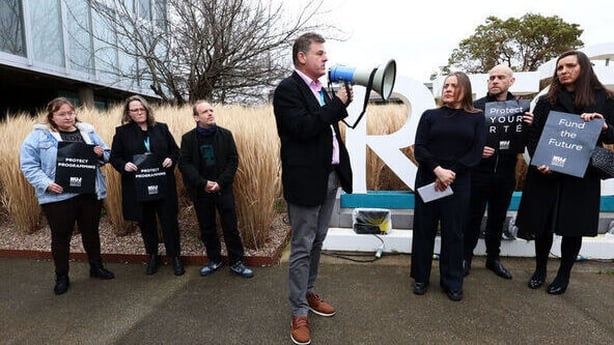
Isn’t the Department of Social Protection also carrying out investigations?
The Department of Social Protection has been carrying out its own probe into other employment issues in RTÉ through its “scope section”.
The function of the section is to make decisions and provide information and advice on PRSI insurability, which means it decides which class of PRSI contributions, if any, should be paid on a particular employment or income.
RTÉ has confirmed that it provided the department with lists of 695 workers engaged on a contract basis and, so far, 167 have been processed to date or are being processed.
RTÉ also says that 363 individuals are no longer providing services to RTÉ, 105 are employees.
Ninety-two workers were assessed as having employee status where Class A PRSI applies, while 44 workers were found to be self-employed and insurable at class S PRSI. Workers are entitled to appeal a finding to the Workplace Relations Commission.
Thirty-one cases are awaiting decisions and RTÉ has appealed 31 cases to date.
What have RTÉ and DG Kevin Bakhurst said about these investigations so far?
RTÉ has previously said that it has set aside a provision of approximately €15 million for payments arising from the scope process. RTÉ adds that it cannot comment further on the details of the process while it is ongoing.
The DG is on the record saying that “RTÉ will do what it can to address issues relating to individuals contracted by RTÉ and who should have been given employee status.
“This relates to a range of individuals, with very different circumstances, often going back many decades, and as a result the process is a very complex and time-consuming one.”
Mr Bakhurst will address staff later today at one of his regular ‘Townhall’ meetings from 3pm where many of these issues are expected to feature once again.
What do we expect to hear from the committee today?
Speaking ahead of today’s meeting, Senator Malcolm Byrne said that: “We understand how the staff at RTÉ have been disgusted and let down by the actions of a few, and we want to see a functioning RTÉ which is critical to our democracy.”




